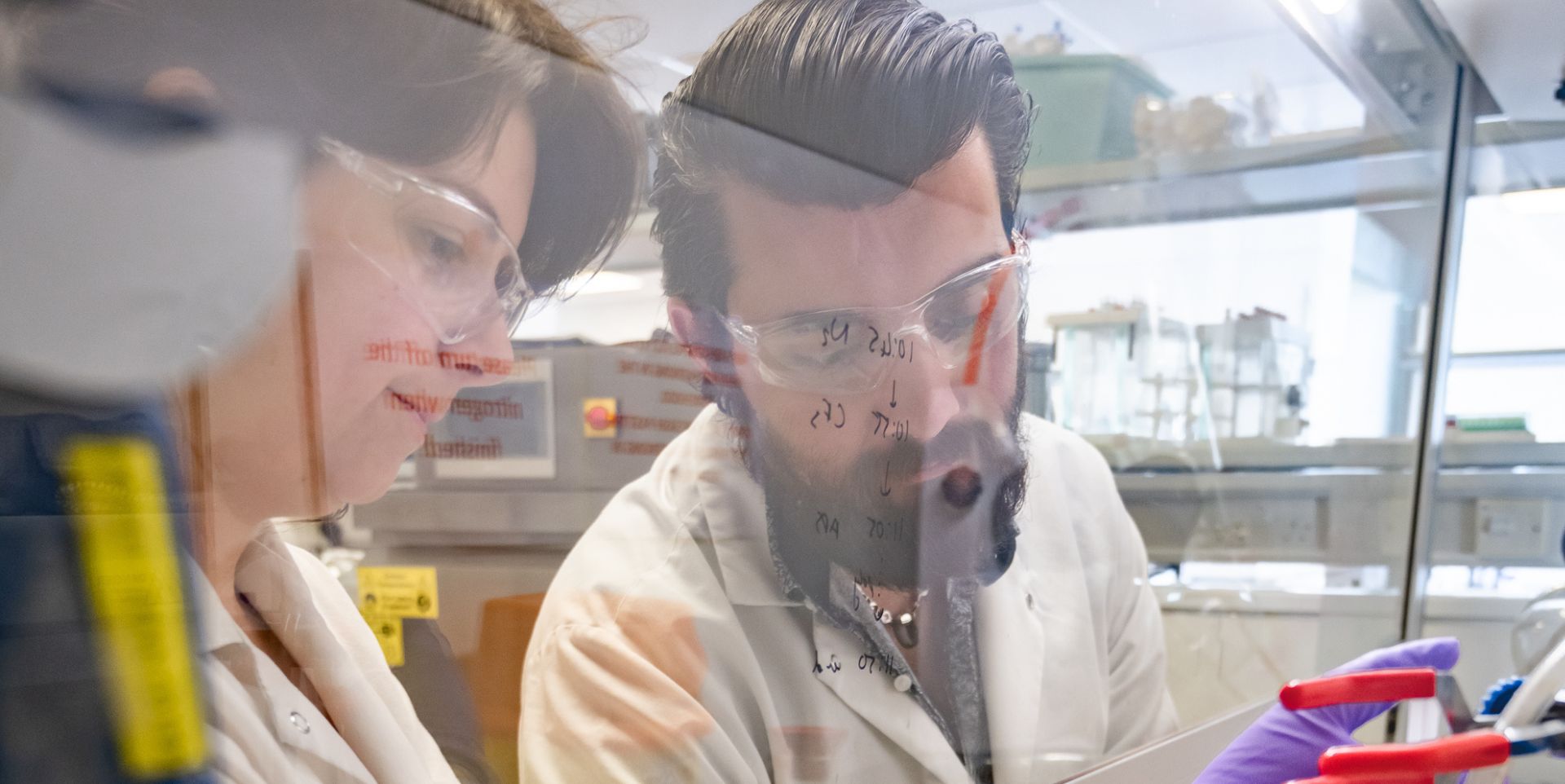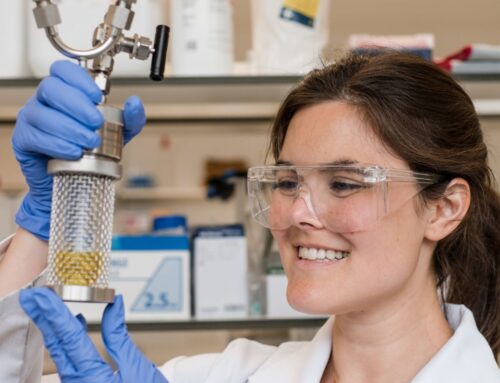MIP Discovery, based at Pioneer Group’s Colworth Science Park location, has closed a £7m Series A financing round. An innovative developer of non-biological affinity reagents designed to accelerate the development and production of cell and gene therapies, MIP’s funding was led by Mercia Ventures. Existing investors Calculus Capital and angel investors also joined the round.
The investment marks a pivotal change for MIP Discovery as the Bedford-based company focuses on improving the downstream processing of cell and gene therapies to accelerate the widespread adoption of these potentially life-changing medicines.
The funding will further commercialise MIP Discovery’s novel synthetic affinity reagents within the cell and gene therapy space, with the company working alongside leading industry players to develop novel tools aligned with critical applications. The funds will also support recruitment efforts to expand in-house cell and gene therapy expertise. MIP Discovery’s non-biological affinity reagents support a new approach to viral vector characterisation, purification, and safety and quality control processes, such as detecting and removing impurities.
Viral vectors are a critical component for many cell and gene therapies. Yet, many current technologies characterising, developing, and manufacturing them do not meet the required scale, performance, or economic standards. Taking the industry beyond the limitations of biological reagents, MIP Discovery’s synthetic antibody alternatives offer a fresh approach to downstream processing for cell and gene therapy developers. MIP Discovery considers both the target and end-use application during the design phase of its reagents, offering an advanced alternative to biologicals with greater possibilities for characterisation and downstream processing.
Stephane Argivier, CEO, MIP Discovery: “Securing funding for a novel reagents company in today’s investment landscape demonstrates clear confidence in MIP Discovery’s technology and renewed commercial strategy. Our proprietary modeling approach to developing synthetic antibody alternatives has already been successful for diagnostic applications, and we have already seen very encouraging traction for our expertise in the cell and gene therapy space.”
Mike Evans, Chair of MIP Discovery: “MIP Discovery’s synthetic affinity reagents offer an innovative alternative to antibodies, and are better suited for downstream processing of advanced therapies. Backed by our proven technology and the confidence of our investors, we hope to help increase the affordability of cell and gene therapies, enabling the efficient delivery of these potentially life-saving treatments on a global scale.”
Grow Your Science Venture
Our Accelerator Programme Gives You The Tools You Need To Succeed




